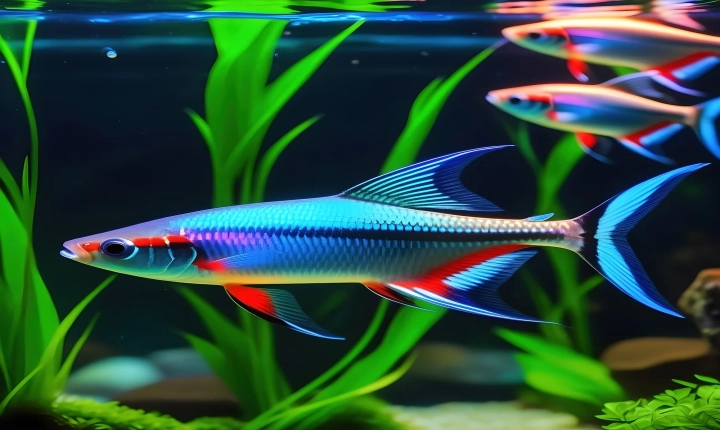AI Art: The Question of Stolen Creativity
Artificial Intelligence has the capacity to create stunning and thought-provoking works of art. Using algorithms and data sets, AI can produce unique paintings, music, and poetry. However, the question of whether AI-generated art can be considered stolen creativity has sparked an interesting debate among artists, scholars, and ethicists.
One of the key issues is the concept of originality. Traditional art is valued for its emotional depth and the unique perspective of the artist. The creative process involves the artist’s personal experiences, emotions, and imagination. On the other hand, AI art is based on algorithms that process existing data and generate new compositions based on patterns and trends. This raises the question of whether AI-generated art can truly be considered original.
Another concern is the role of ownership. When an AI creates a piece of art, who holds the rights to it? Is it the programmer who designed the algorithm, the entity that owns the AI system, or the AI itself? The legal and ethical implications of AI-generated art ownership are complex and still being defined.
Furthermore, the value of AI art has yet to be established in the traditional art market. Can AI-generated art carry the same cultural and emotional weight as a painting created by a human artist? Will collectors and art lovers embrace AI art in the same way they appreciate traditional art?
Despite these challenges, there are artists and organizations that are embracing AI as a tool for creative expression. Some view AI as a collaborator that can enhance and amplify human creativity, rather than as a threat to it. By using AI as a source of inspiration, artists are exploring new forms of expression and pushing the boundaries of what is considered art.
In conclusion, the question of whether AI art can be considered stolen creativity is complex and multifaceted. As AI technology continues to evolve and become more prevalent in the art world, it is crucial for the art community to engage in meaningful discussions about the ethical and legal implications of AI-generated art. Whether AI art will be seen as a form of theft or as a new frontier of creative expression remains to be seen.
